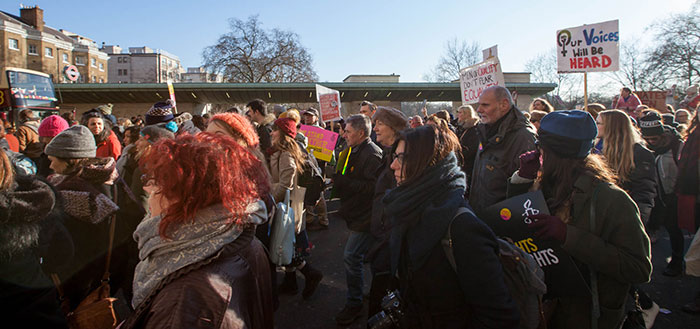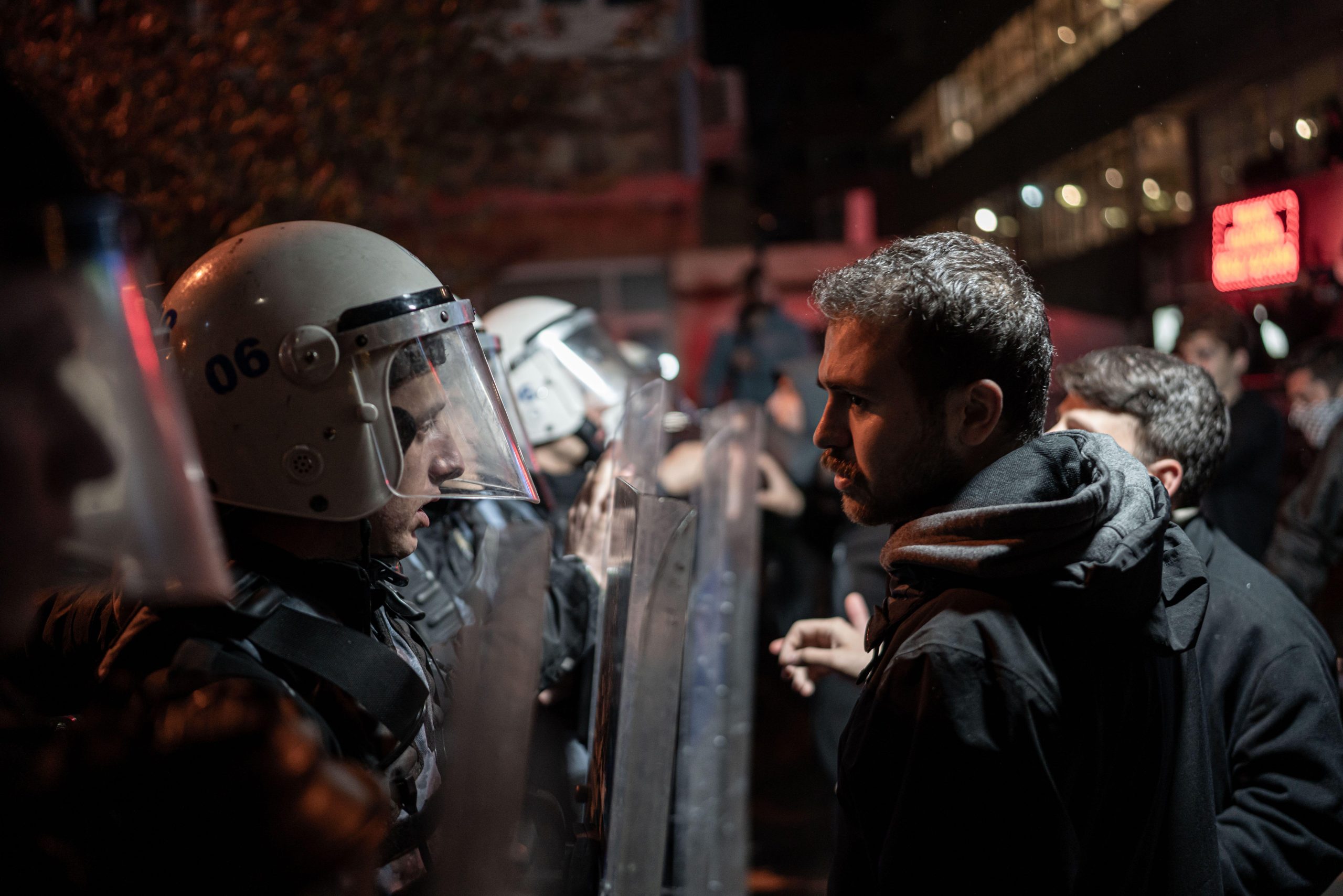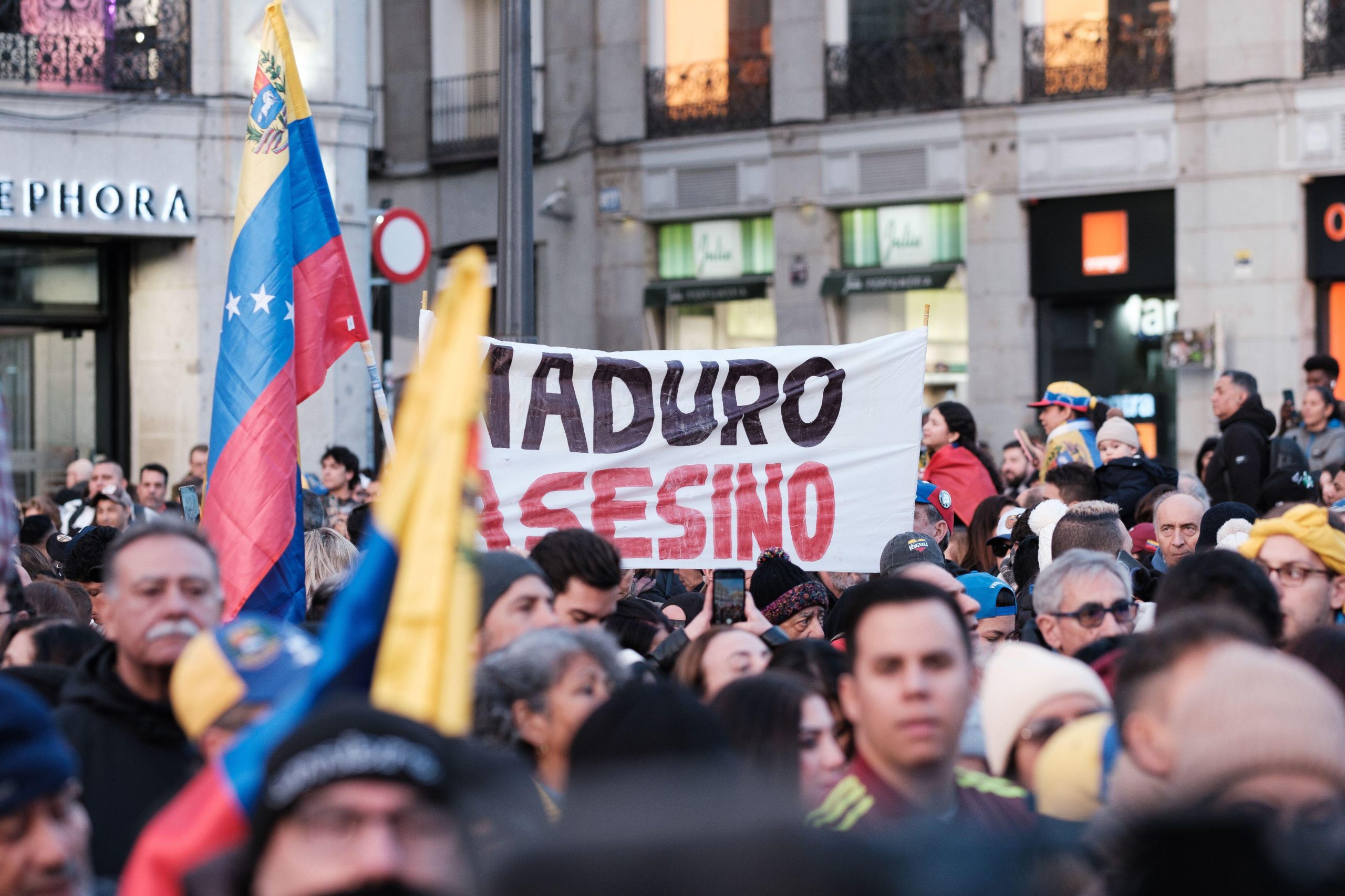[vc_row][vc_column][vc_column_text]
Turkey Uncensored is an Index on Censorship project to publish a series of articles from censored Turkish writers, artists and translators.
[/vc_column_text][vc_video link=”https://youtu.be/LzWBgzJrQdo”][vc_column_text]As tens of thousands of women took to the streets around the world on 21 January, another woman, the Turkish MP Şafak Pavey was being treated in hospital for injuries sustained during a physical assault on the floor of the Grand National Assembly during debates on constitutional amendments.
Pavey had just delivered a moving speech in which she warned that the presidential system being considered would bring about unchallenged one-man rule. The “bandits”, as she called them, a group of women MPs belonging to the ruling AKP, attacked her and two other MPs, Aylin Nazlıaka, an independent, and Pervin Buldan from the Kurdish HDP. The AKP MPs were said to be acting under a male colleague’s orders.
The attack contrasted sharply with the pictures of enthusiastic women from around the United States and the world committed to sisterhood and equality. The distance between the two extremes might seem to be yawning but isn’t. In Turkey, the gap opened up in just four short years.
The empowered mood created by women marching for equal rights and uniting their voices in opposition reminded me of the heady days of 2013 when the anti-government Gezi Park protests rocked Turkey. Like the demonstrators in DC and London, people all over Turkey took to the streets to raise a chant against our own Trump: President Recep Tayyip Erdogan. In Gezi, the seeds of dissent spread through social media and bloomed across the country just as the women’s march did across the globe. It was just the beginning, or so we thought.
After a brutal suppression that left at least 10 dead and over 8,000 injured, the Gezi spirit, that united voice, faded away. The most significant political heritage was the “Vote and Beyond” organisation, which launched an incredibly effective election monitoring network during the June 2015 elections. Thanks to that group and the popular young Kurdish leader Selahattin Demirtaş’s energy, the outcome of the polls reflected the full and complete picture of Turkey’s population in parliament. The combined opposition parties were the majority in the assembly and to continue governing, the AKP would be forced to form a coalition. Then things happened.[/vc_column_text][vc_single_image image=”85130″ img_size=”full” add_caption=”yes”][vc_column_text]As the ceasefire with the Kurdistan Workers’ Party (PKK) collapsed and armed conflict resumed, coalition negotiations ground into political deadlock as the summer wore on. Erdogan called a snap election for that November that lined up with his political ambitions. Less than a month before the election, a staggering terror attack rocked Ankara and ongoing deaths of security personnel in the country’s south-east added to a grim mood. At the polls, the AKP regained its majority in parliament. Though the governing party was nominally back in full control, it lacked political legitimacy and popular support, both of which would be delivered by the rogue military units that staged the failed July 15 coup and paved the way for Erdogan’s emergency rule.
Witch hunts are a strange thing. Even if you spot one when it’s getting underway, it’s always too late to stop it.
After the election, the political opposition was locked out of enacting change through parliament. It was further paralysed by Erdogan’s “shock and awe” tactics, which saw the leaders of the parties assaulted on the floor of the assembly or imprisoned on fabricated terror charges. Opposition voters are too depressed now to remember the confident and exhilarating days of the Gezi protests.
It would be a mistake to dismiss Turkey’s experience as a unique case. There are parallels with the unfolding situations in Russia, Poland, Hungary and now the USA. The bullies of our interesting times are singing from the same hymn sheet, using identical language and narratives — power to the right people, experts and intellectuals are overrated, overturn the establishment. The forces of resistance must now share strategies as well. Opposition to the growing threat of illiberal democracy needs to network and be vocal or else our initial responses to the horrors and human rights violations — including the purge of Turkey’s press under emergency rule — would be a waste of time.
Here’s a small taste of where we failed in Turkey — a warning to Europeans and Americans of what not to do.
“No” is an intoxicating word that gives emotional fuel to the masses. After swimming in the slack waters of identity politics or concerning yourself with whether or not your avocados are fair trade, taking to the streets en masse for a proper cause is like a fresh breeze. But as we learned in Turkey, “No” can also be a dead end. It exists in a dangerous dependency on the what those in power are up to. It shouldn’t be mistaken for action as it is only a reaction.
“No” is unable to create a new political choice. It is an anger game that sooner or later will exhaust all opposition by splitting itself into innumerable causes intent on becoming an individual obstacle to the ruling power.
Make no mistake: the bullies of the world are united in a truly global movement. It is sweeping all before it. And it’s not just Putin, Trump, Erdogan or even Orban, it’s their minions, millions of fabricated apparatchiks that invade the political, social and digital spheres like multiplying gremlins.
What the opposition must do — what Turkey’s protesters failed to do — is strengthen the infrastructure, harden networks and open strong lines of communication between disparate groups whether at home or abroad. All those lefty student movements, marginalised progressive newspapers or resisting communities that are labelled as naïve or passé until now must coalesce around core campaigns and goals.
Failure to move beyond “No”, in Turkey’s case, has made alternative and potential political movements all but invisible. There are just three leftist newspapers in Turkey, three ghosts to break news about women MPs being beaten up. And that’s because we can’t move past “No” when others were shut down or silenced.[/vc_column_text][/vc_column][/vc_row][vc_row][vc_column][vc_basic_grid post_type=”post” max_items=”4″ element_width=”6″ grid_id=”vc_gid:1485771885900-d32a2643-5934-8″ taxonomies=”8607″][/vc_column][/vc_row][vc_row][vc_column][/vc_column][/vc_row]






